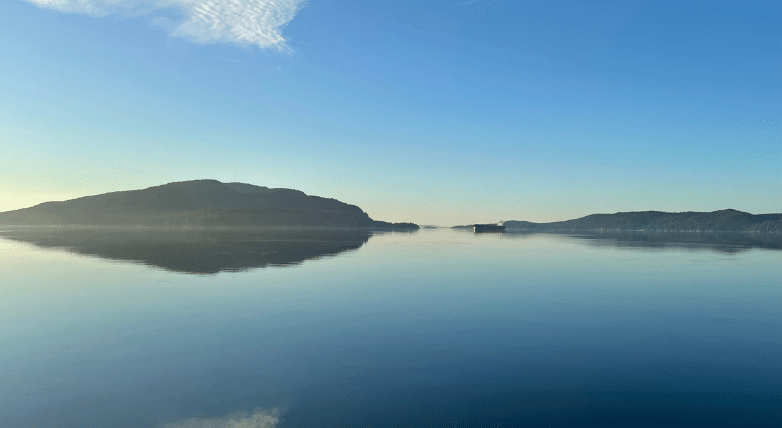I am a W̱SÁNEĆ person, living in the W̱JOȽEȽP (Tsartlip) village. We have a familial relationship with the Southern Gulf Islands. For generations, my ancestors lived with, and belonged to, the ṮEṮÁĆES (relatives of the deep) in the W̱SÁNEĆ territory. The ṮEṮÁĆES Revitalization project is important work underway in the Gulf Island communities to share a deeper understanding of the powerful connection between people and place. Read about the project in The Driftwood.
It is through this historical context, and my contemporary reality as the MLA, representing the thousands of people and countless other species that call the Southern Gulf Islands home, that I address how we relate to, live on, and govern the Island communities. They are special places with sensitive ecosystems, and they have always been complicated places. They are places of incredible abundance, but also challenged by scarcity. The Islands should never be underestimated. Each is different, with their own personality, just as they are all the same, an Island.
Layer the pre-contact relationships and governance of the Islands by the W̱SÁNEĆ and their neighbouring relatives, with the colonial governing authorities (each with their federal, provincial, regional, and local jurisdictions,) the result is a gnarly swamp, that is difficult to both navigate, and traverse.
Collecting enough political will to address complicated problems is difficult, and when I asked around the current provincial government who was up for a discussion about a community-led, democratic, governance initiative for the Southern Gulf Islands, they were interested in learning more, but that is about it.
Over the past year, the number of residents from the Southern Gulf Islands expressing concern about the impact of the fragmented governance systems has dramatically increased. This is largely in relation to the Islands Trust’s review of their policy statement, but it was emerging even prior to that initiative. From the many pieces of correspondence and individual conversations I have had, there is a general feeling that there are other gaps in governance that need to be addressed as well. The Saanich North and the Islands Community Office is often asked to address these gaps, but with only two constituency advocates, we do not always have the resources or mandate to do so. As a result, we frequently facilitate meetings with well-meaning groups and individuals who face a similar dilemma.
Since my election in 2017, I have gained a better understanding of the complex administrative and jurisdictional landscape on the Southern Gulf Islands and how it impacts the communities. As the elected representative, it is my responsibility to learn about the issues and work with those who have the power to solve them. I have raised this issue with several former Ministers of Finance and Municipal Affairs, but they have been reluctant to act. Now I start again with new Municipal Affairs Minister Anne Kang, advocating for collaborative and community-building change.
I recognize and respect the role of the Islands Trust to “preserve and protect” the delicate ecosystems of the Islands, as well as the regional district’s responsibility to deliver services. However, I am deeply concerned about the inefficient and sometimes ineffective governance mechanisms in place to meet the growing needs and priorities of the Southern Gulf Islands communities.
Through my interactions with hundreds of community members, I have found that there is agreement that something must be done, but disagreement, about what that should be. In 2023, I will continue to collaborate with my newly elected Islands Trust and CRD Directors to navigate this challenging landscape with the best interests of the people, land, water, and good governance at heart.


Thank you for wanting to help. Magic Lake residents feel becoming a municipality is the solution.
I think our first steps would be identifying what is clearly not working.
Would town hall meetings be helpful.
Regards
Theresa Barker
Pender Island